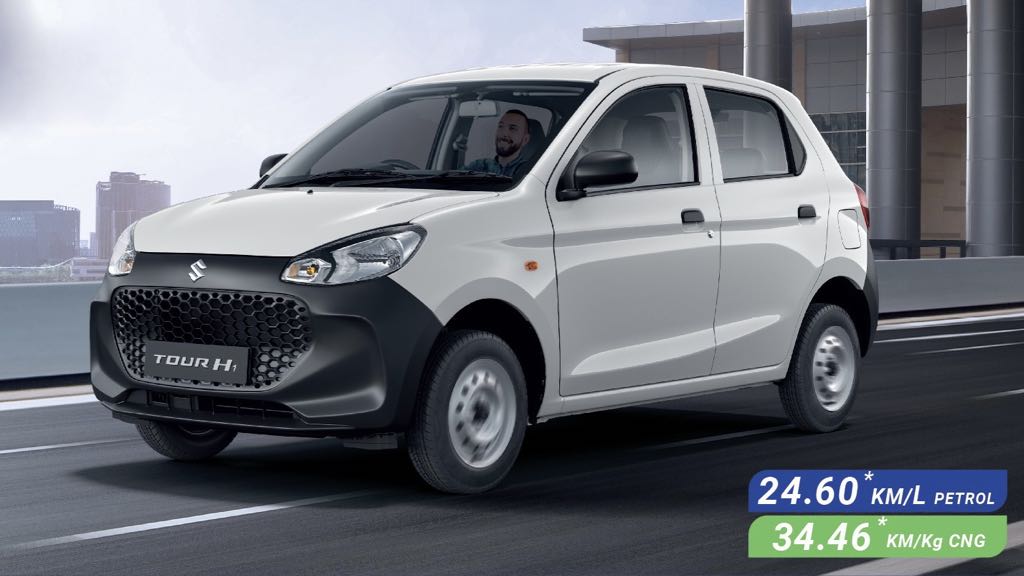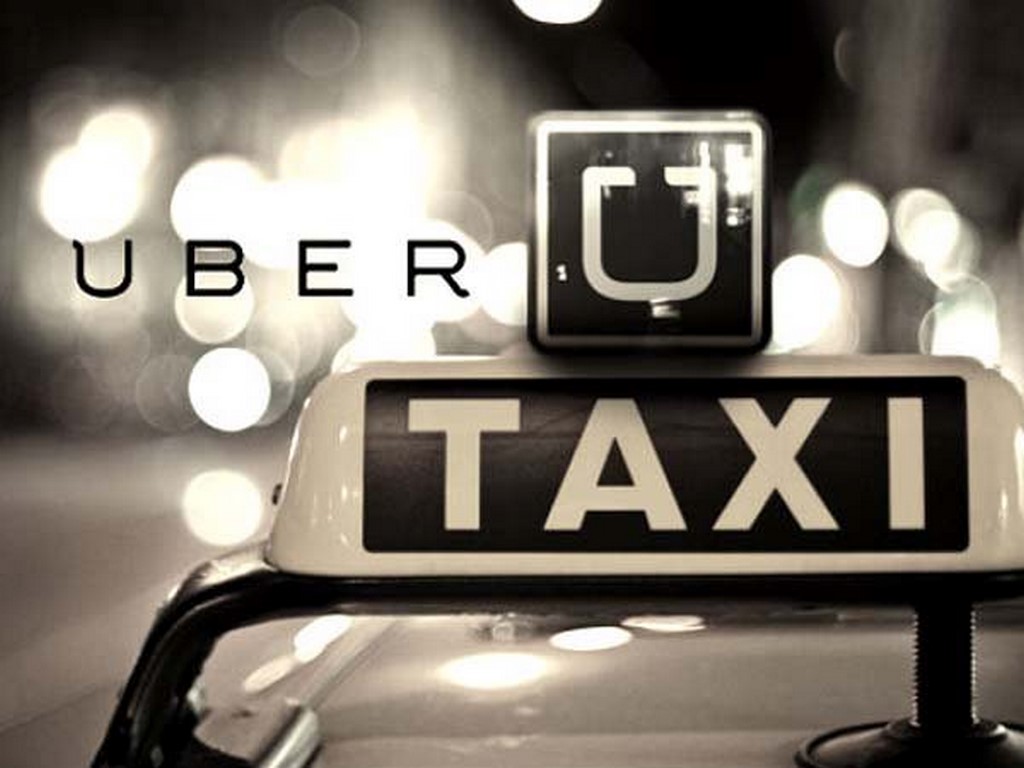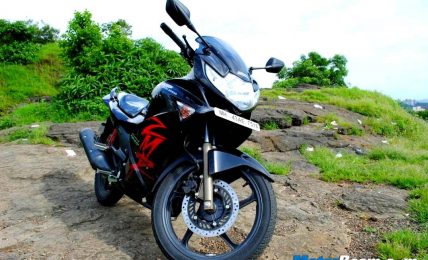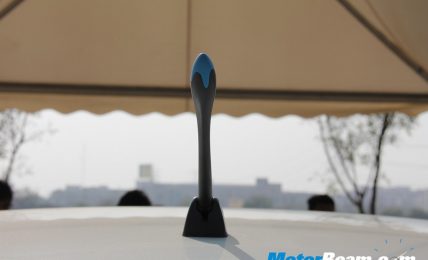
Ola and Uber deny allegations of smartphone-based pricing bias
Amid scrutiny over allegations of differential pricing based on smartphone models, ride-hailing giants Ola and Uber have categorically denied any such practices. This follows notices issued by the Ministry of Consumer Affairs seeking clarification on reports suggesting that the companies charged varying fares for identical trips depending on whether customers used an iPhone or an Android device to book rides.
Cab Aggregators Respond
In official statements, both Ola and Uber dismissed the allegations, reiterating their commitment to transparent pricing practices. Ola emphasised that its pricing system remains uniform across all customers, irrespective of the device or operating system used.
“Ola operates with a homogenous pricing structure for identical trips. We do not differentiate based on the operating system of a user’s cellphone,” an Ola spokesperson stated. The company further assured that it had provided clarifications to the Central Consumer Protection Authority (CCPA) and was ready to address any misunderstandings.
Echoing similar sentiments, an Uber spokesperson refuted claims of device-based pricing. “We do not set fares based on the phone model used by riders. We are committed to resolving any misconceptions and look forward to cooperating with the CCPA to clear up the matter,” the spokesperson said.
The Allegations
The controversy stemmed from a viral social media post by a Delhi-based entrepreneur who claimed to have observed fare discrepancies on Ola and Uber based on the type of phone used to book a ride. The entrepreneur alleged that higher fares were displayed on premium devices like iPhones compared to Android smartphones.
This is not the first instance of such allegations. In December, another social media user posted a side-by-side comparison of Uber fares displayed on two different phones for the same trip, sparking conversations about potential pricing biases in app-based services.
Government’s Stand
Consumer Affairs Minister Pralhad Joshi took a firm stance on the issue, describing any form of differential pricing as an “unfair trade practice” and a violation of consumer rights.
On Thursday, Joshi announced that the CCPA had issued notices to Ola and Uber to investigate the matter and ensure fair practices. Additionally, the Minister urged the CCPA to examine whether similar practices might be occurring in other app-based sectors, such as food delivery and ticket-booking platforms.
Industry Implications
The allegations, though unproven, have raised concerns about transparency in pricing algorithms used by digital platforms. With app-based services deeply integrated into daily life, the question of fairness in pricing has taken centre stage, prompting discussions about algorithmic accountability.
Both Ola and Uber have pledged their cooperation with the authorities to resolve the matter. Meanwhile, Apple and Google, whose operating systems underpin the devices in question, have not commented on the issue as of now.
The Broader Picture
As consumers increasingly rely on technology for convenience, incidents like these highlight the need for greater scrutiny of digital business practices. While Ola and Uber maintain their innocence, the case underscores the importance of trust in the growing app-based economy.
The CCPA’s investigation could serve as a crucial step in ensuring that consumers are treated equitably, regardless of the technology they use. Whether these allegations hold merit or not, they have undoubtedly sparked a broader conversation about fairness, transparency, and the evolving relationship between businesses and their customers.





